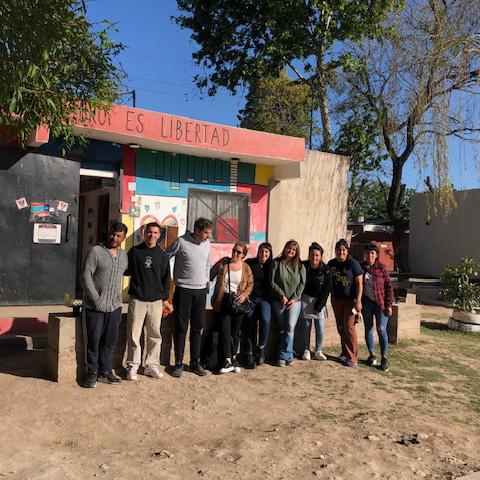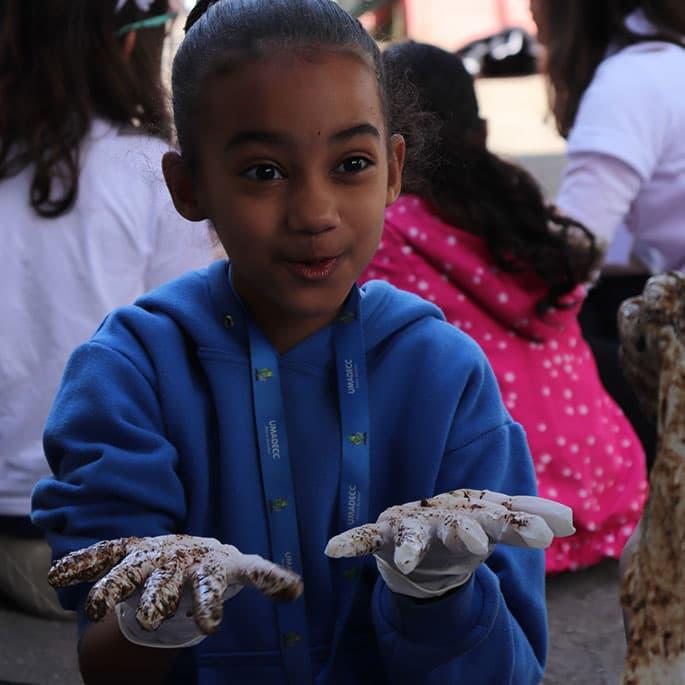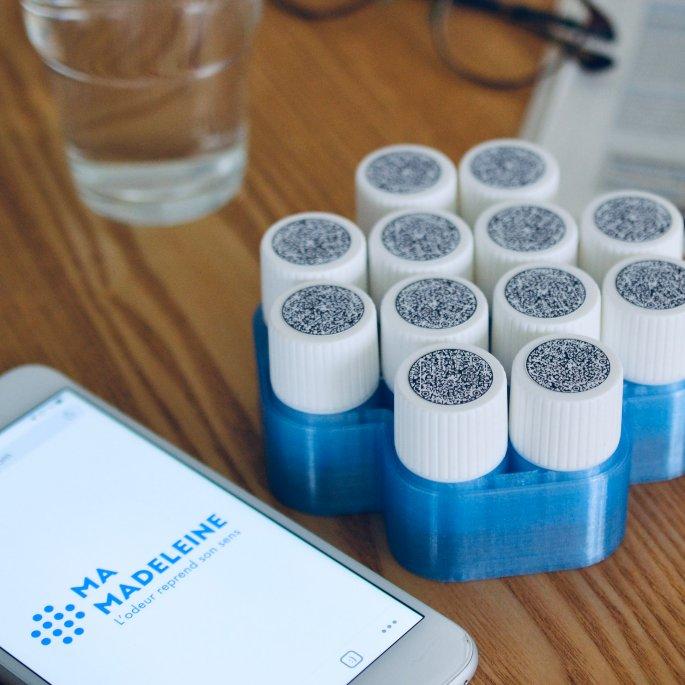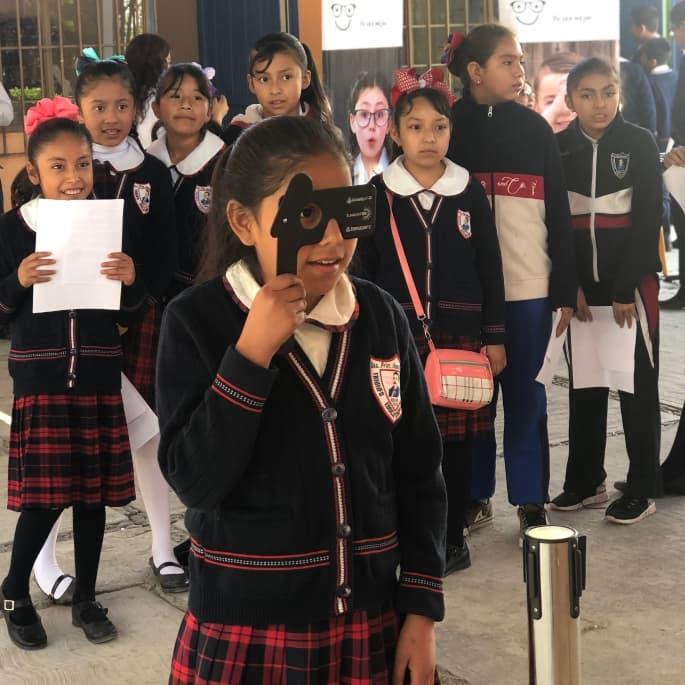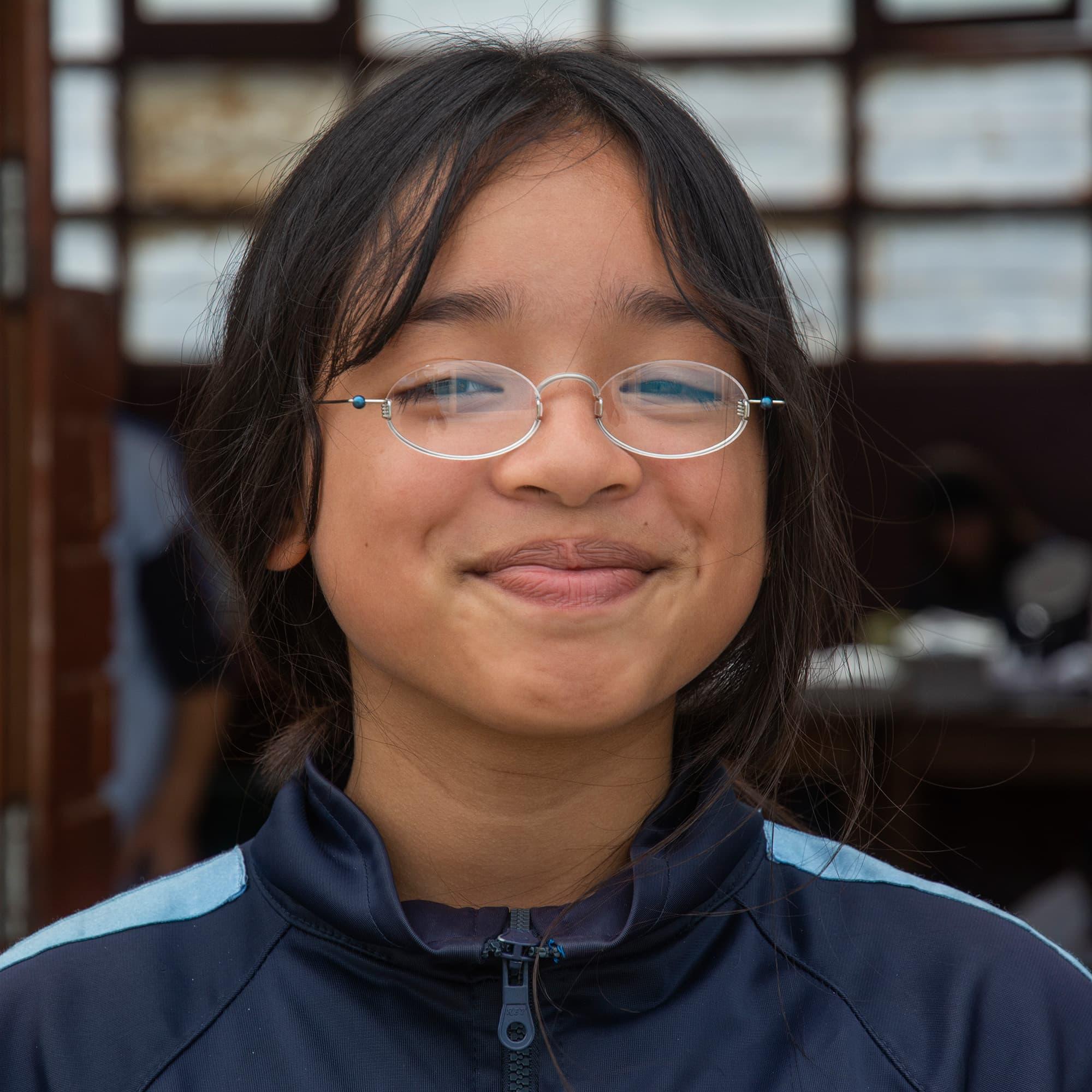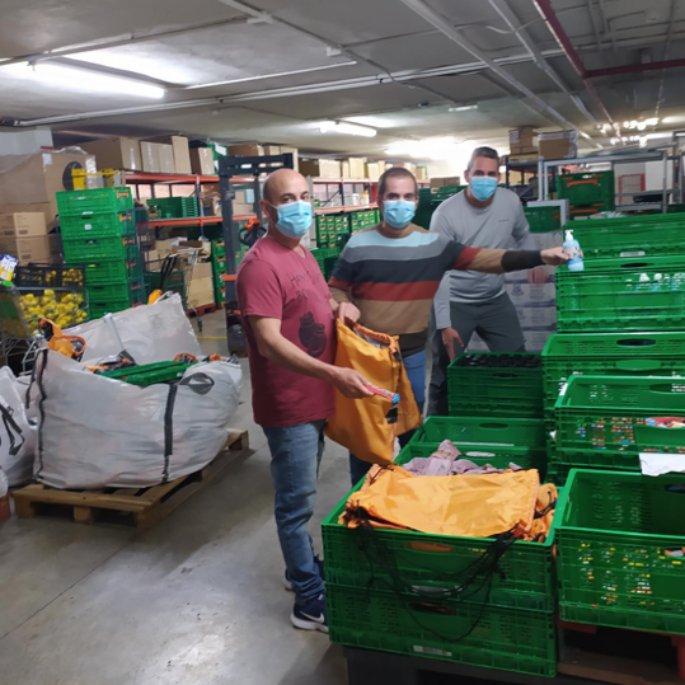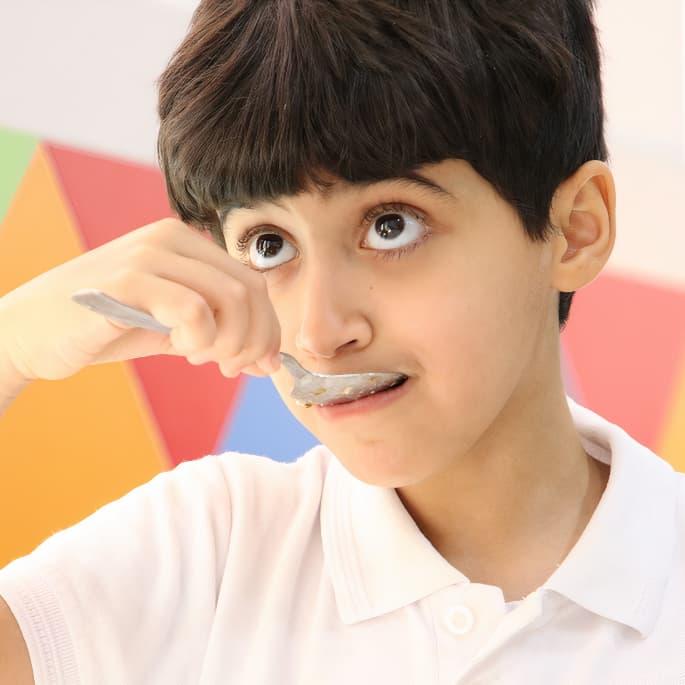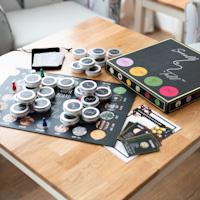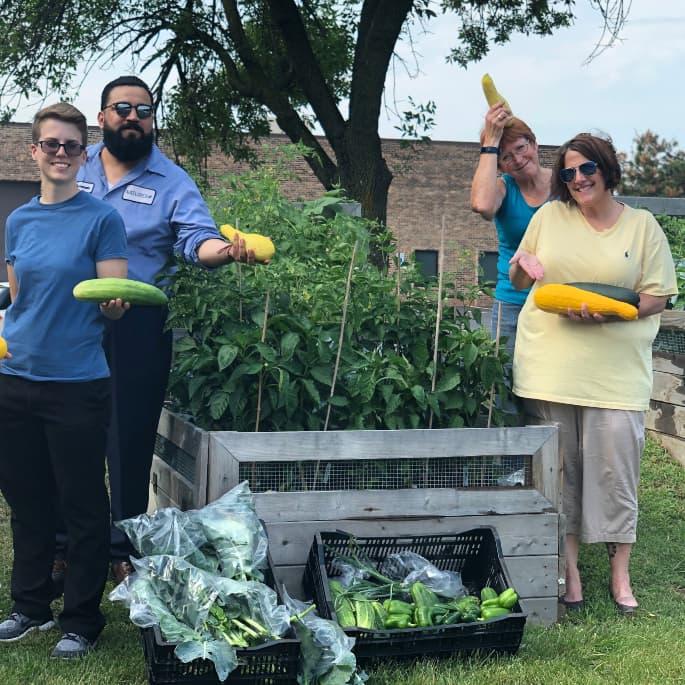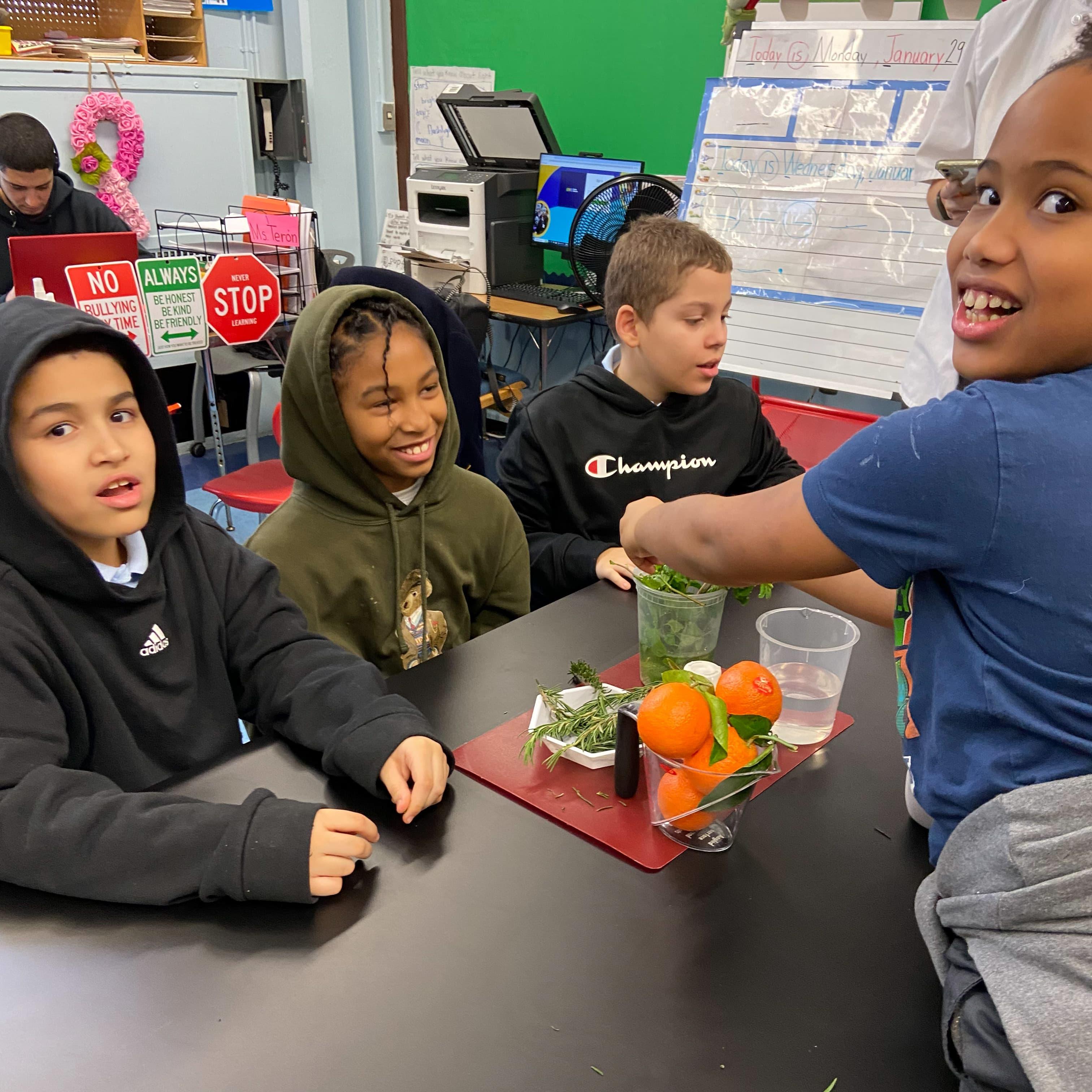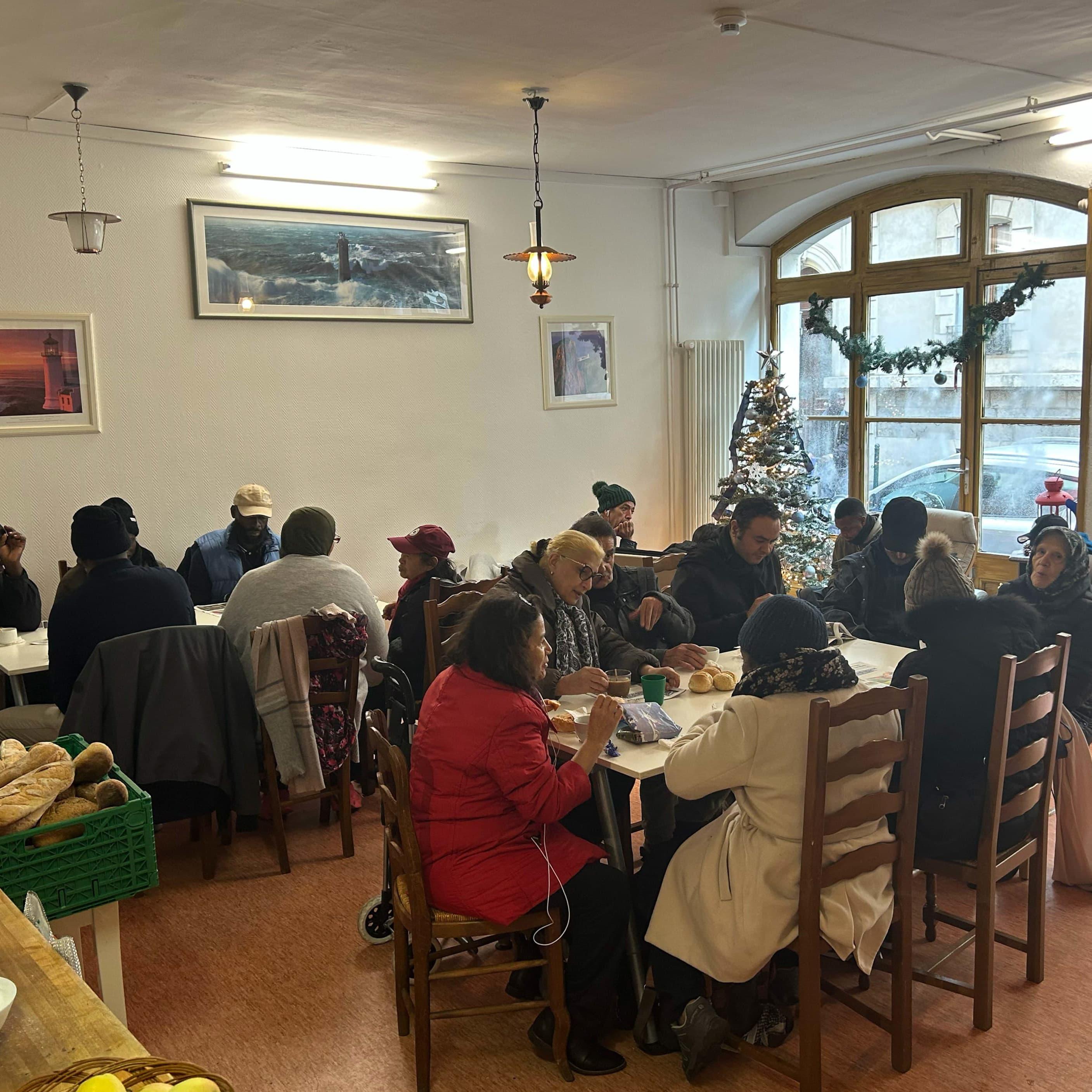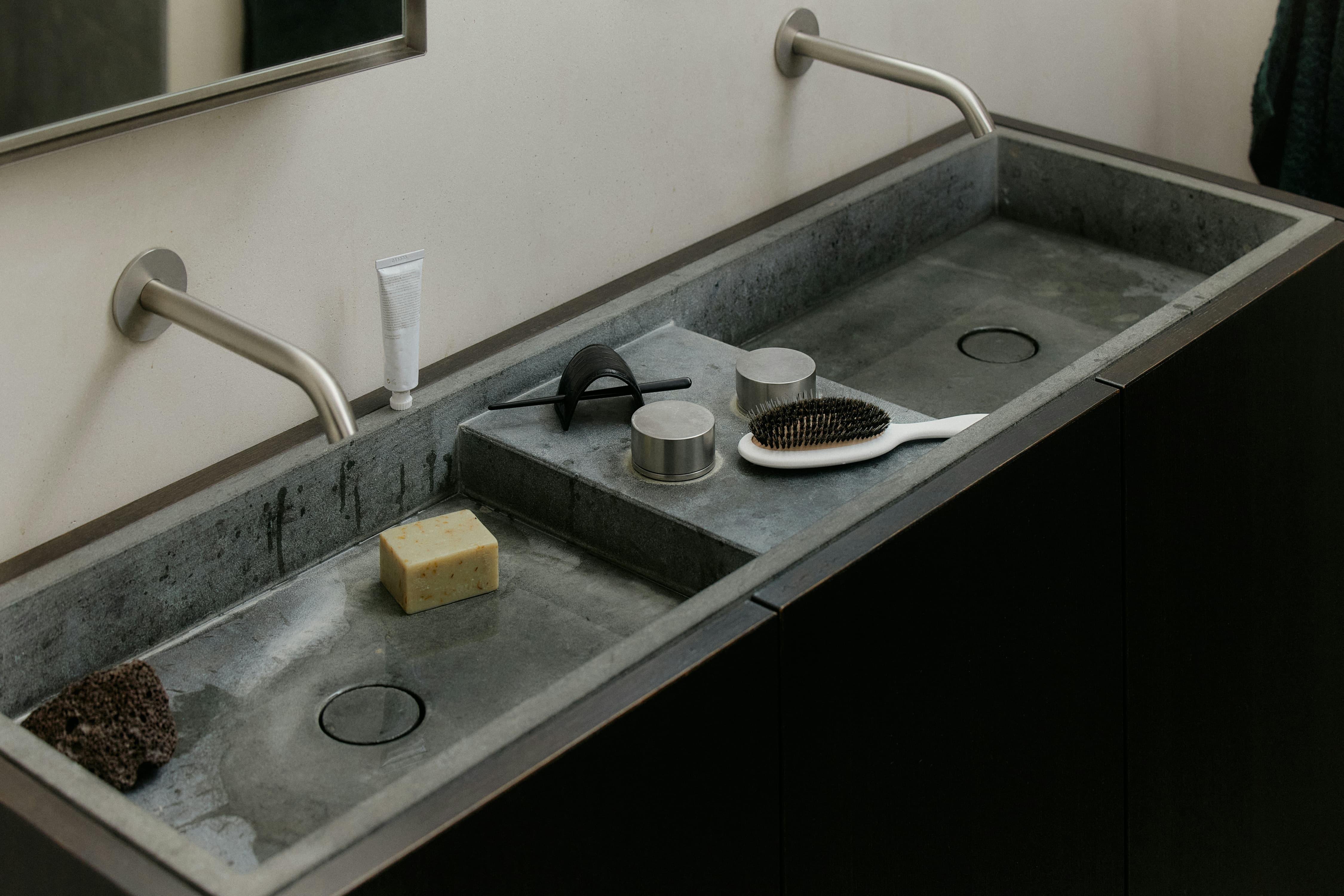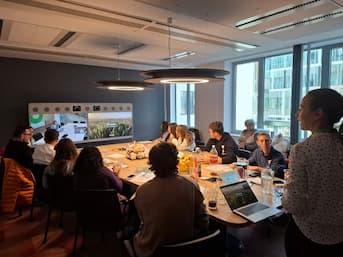Brazil: Healthy nutrition and vision support
Healthy nutrition: teaching healthy eating habits for schoolchildren, teachers and parents
Malnutrition and obesity are important public health issues in Brazil. The situation has worsened over the last 20 years, in particular in urban areas and in the southeast region of the country.
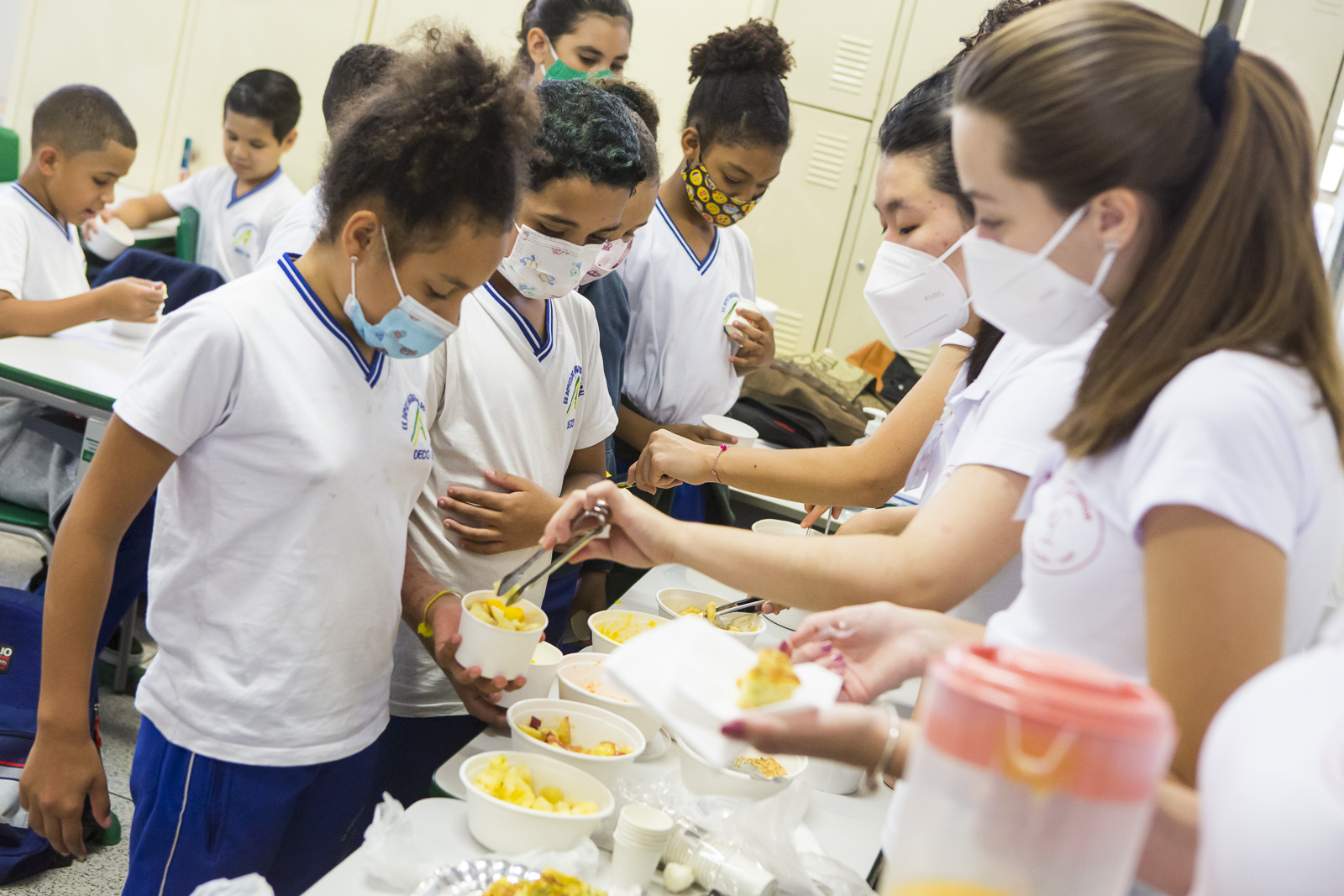
A programme based on the recommendations of the Food Guide for the Brazilian Population and developed with the Instituto Givaudan for a primary school in Jaguaré was initiated by Givaudan São Paulo employees.
The purpose is to teach healthy eating habits and reduce sugar intake by motivating and guiding schoolchildren in making conscious choices while developing a good relationship with natural foods.
The Playing with Flavours project also strives to influence other stakeholders such as schoolchildren’s parents, teachers, the local community and the Givaudan team participating in this initiative.
The programme relies on the partnership of nutritionists to elaborate, execute and evaluate each activity with the students. Givaudan people also take part in the initiative by volunteering their time teaching about healthy recipes, recycling and harvesting activities at the school garden.
“Good food habits early in life can influence the health and nutrition of these children for the rest of their lives.”
Rosani, School Principal
More recently, a new programme was started, to improve access to healthy food in the city of Botucatu. Thanks to this, fresh products from a garden, situated in the joint offices of Givaudan and Brazbio, are donated on a weekly basis to the local food bank benefitting around 1000 people per month. Givaudan people volunteer their time to provide insights to the local population on healthy nutrition and use of fresh products.
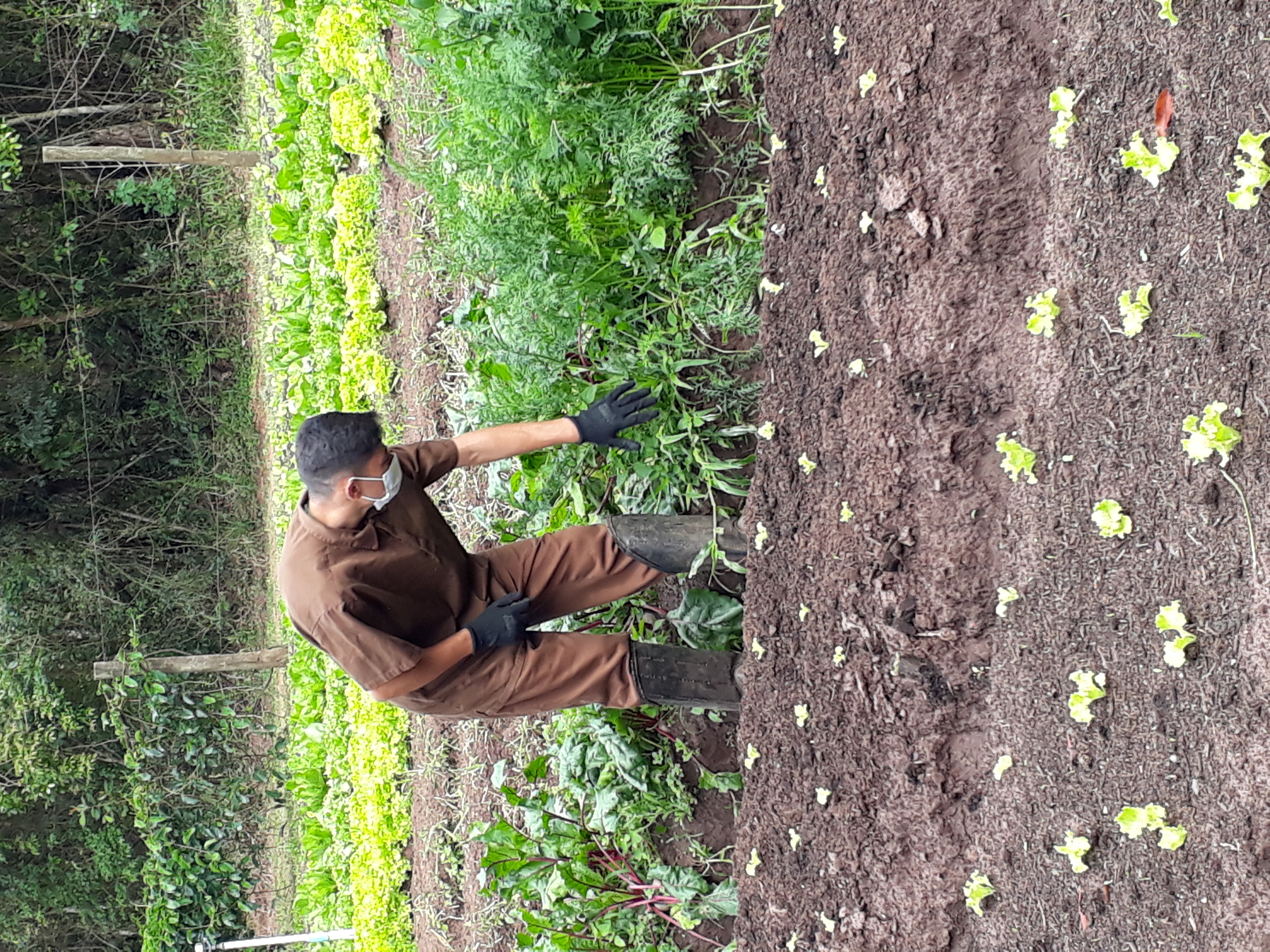
Blindness: awareness about vision issue
Since 2017, we are also supporting a programme aiming to raise awareness among the general public about the importance of good vision for schoolchildren and to provide free eye-examinations and corrective treatment in schools. More than 1200 students have received free eye-exams so far.
